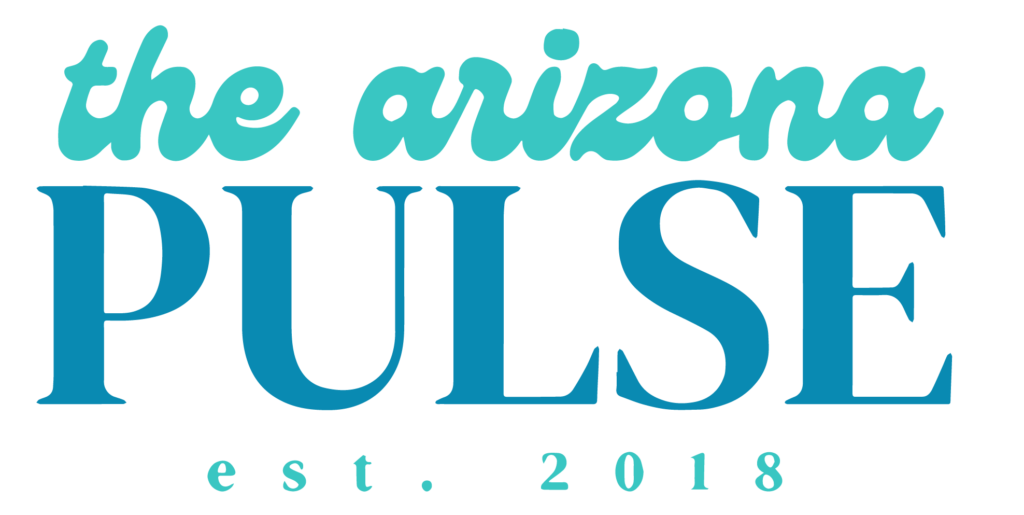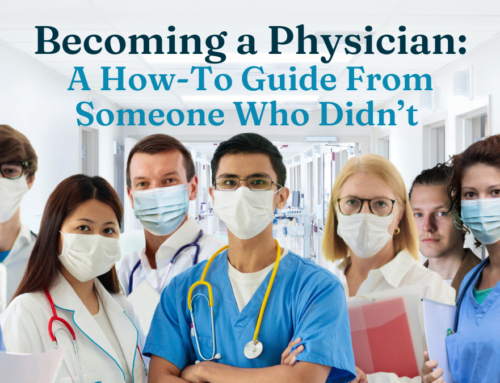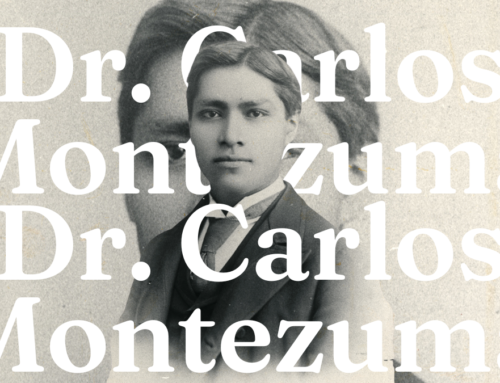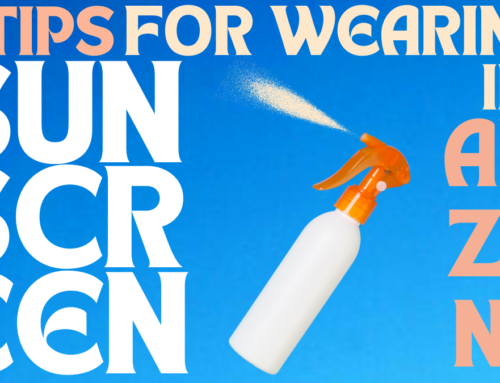Written By: Christopher Bailey, MD
When asked to write this article, my initial thought was that I felt well-prepared for residency. Since I went to a good school where the curriculum included many workshops to smooth the transition, I would have very little to offer to the readers of this publication. Then I sat down to try to come up with three or four things that I could stretch out to fill the required length. An hour and four tightly-packed pages full of thoughts later, I wondered how I could fit any of it in one article and still have it provide any depth to the issue. Instead, I hope to offer some small, discrete thoughts on surprising and humorous things I’ve seen during my training.
Residency is a part of life and a good analogy of it. Most people, inside or outside of medicine, would say that they don’t have enough time to do the things they need to do, let alone those that they want to do. And it’s rare to have a moment to reflect on our profession, our patients and the challenges we face every day. These challenges can be overwhelming, and the weight of what we do, and what we strive to be can be crushing. The most important thing I can suggest is to take care of yourself. Take time off, go outside, pet every dog you can. Go to that baby shower, sign up for a 10K with friends. And if it ever feels like there’s no way out, know that there are people there for you and you can ask for help.
My list of what I wish I’d known before residency (edited down for content and clarity from four pages of scribbles):
- I wish I knew more about medicine and myself.
- Free healthy food will never look as good as the fried stuff you have to pay for out of your pocket.
- The to-do list will never be finished.
- You will either spend too much time at work or not enough time studying.
- You will find yourself explaining that, yes, a resident is an actual doctor.
- You will be told to be resilient. Then you will work a 30-hour shift only to be shown you “have it easy” now that there are work-hour restrictions.
- Being called “Doctor” will still make you feel incredibly proud just about every time you hear it. However, you will recognize reasonably quickly that the intent of that word depends on how the RN says it to you.
- Your parents will still treat you like a child until they need you to explain their lab work.
- Life continues to move by quickly unless you’re on call.
- Medicine relies very heavily on the results of tests. And the ones they order for their patients, too.
- After finishing a non-stop, grueling 30-hour shift, I was able to create a ritual when I got home that started to look like an appealing part of call when reviewing my schedule. I think they call that Stockholm syndrome.
- The more you read notes, the more you wish they had a 140-character limit.
- Jump in.

- The power dynamic is real. You can tell a lot about senior residents, fellows, and staff by how they (and you) eventually communicate and work with junior house staff, medical students, nurses, PAs, and patients. We have the education and training to be leaders. Lead the right way, and lead responsibly.
- The only thing that is more caustic to your mental health than Twitter is still studentdoctor.net.
- You will hear about your program’s mental health services at about the same time you receive several mandatory online modules regarding this and then notice your medical board application asks if you have ever been diagnosed with a psychiatric illness.
- Get your own doctor. See them for care.
![]()
- If you’d skip the salad bar when a colleague’s white coat sleeve brushes against the shredded carrots, let that remind you to launder your own. If you’re unbothered by this, you might need to take some time off. And a probiotic.
- The intensity of attendings who believe their way is the only way is inversely related to their patience when you are learning to do it that way.
- Smile. You set the mood for the room.
Christopher Bailey, MD
 Christopher Bailey is an Anesthesiology PGY-4 at Mayo Clinic, where he serves as Chief Resident. He attended Mayo Clinic College of Medicine as well as The University of Arizona for his undergraduate studies. He is a former graphic designer, marketing consultant, and bowling ball tester.
Christopher Bailey is an Anesthesiology PGY-4 at Mayo Clinic, where he serves as Chief Resident. He attended Mayo Clinic College of Medicine as well as The University of Arizona for his undergraduate studies. He is a former graphic designer, marketing consultant, and bowling ball tester.






